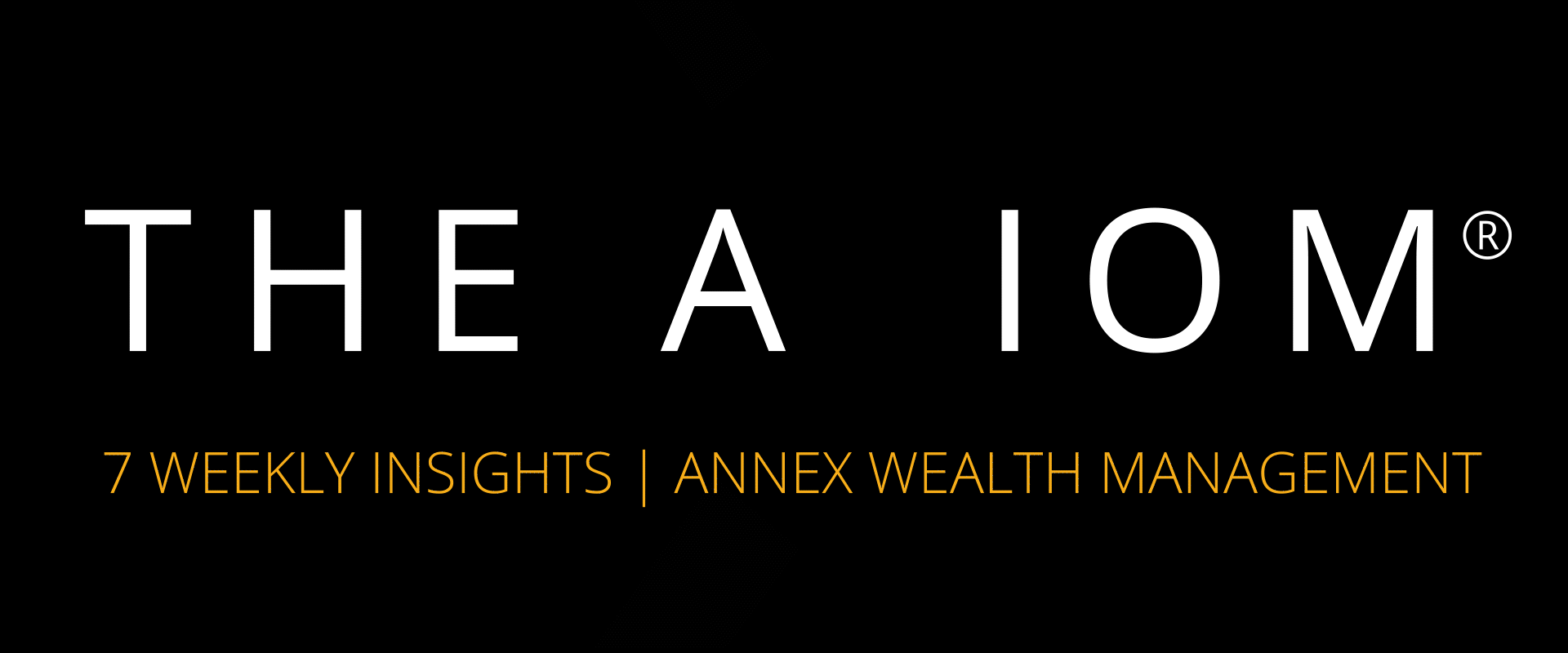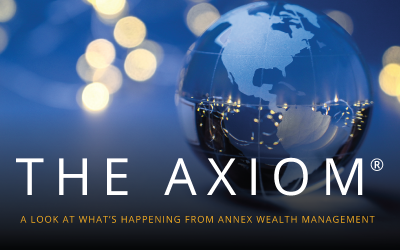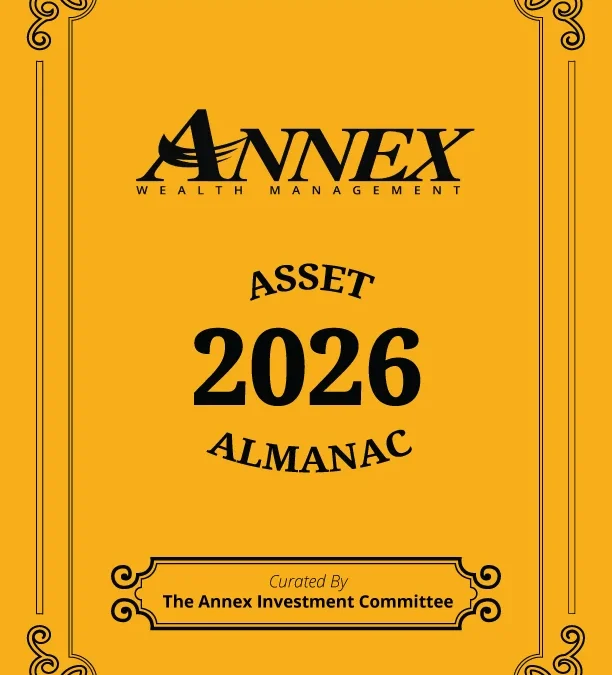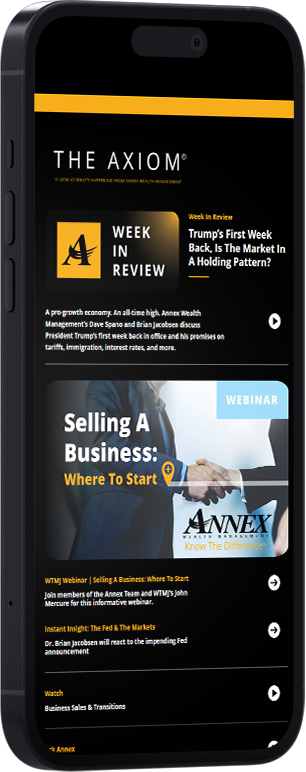
We started week 1 with the basics: What are Required Minimum Distributions (RMDs)?
The majority (96%) of readers had a baseline understanding of RMDs down, answering: RMDs are the minimum amounts that you must withdraw annually from your traditional IRA, 401(k), 403(b), or other retirement savings plan once you’ve reached the mandatory age for making withdrawals. Great work!
Week 2 dug a little deeper into the knowledge base: What’s the Mandatory age you should begin taking Required Minimum Distributions (RMDs)?
This time answers varied. 13% of readers answered: A. If you were born before July 1, 1949, you must begin taking RMDs by April 1 of the year following the year you turn 70½. The CARES Act suspended RMDs for 2020. RMDs for 2021 must be taken by April 1, 2022. While another 40% of readers answered: B. If you were born on or after July 1, 1949, you must begin taking RMDs by April 1 of the year following the year that you turn age 72. 7% of readers chose None of the above.
This was a bit of a trick question. The correct answer was: A and B – which 40% of readers got right.
Week 3 we asked: How Do I Calculate The RMD?
4% of readers answered: All Assets minus Total Account Balance. 61% of readers answered: Total Account Balance divided by a Distribution Period. 0% of readers answered: Total Account Balance multiplied by Yearly Stock Earnings. 35% of readers answered: None of the above.
The correct answer? Total Account Balance divided by a Distribution Period. (61%)
The RMD for any given year is the total account balance in your traditional IRA, or IRAs, as of the end of the immediately preceding calendar year divided by a distribution period. You can find the distribution period using the IRS’s Joint Life and Last Survivor Expectancy Worksheet if your spouse is the sole beneficiary and is more than 10 years younger than you, or the Uniform Lifetime Worksheet for all other IRA owners.
Note: RMDs are calculated using the life expectancy tables issued by the IRS in Publication 590-B. Updates to the life expectancy tables will go into effect January 1, 2022. Check the IRS website for updates.
Finally, on week 4 we asked: What if I don’t take any distributions, or if the distributions I take don’t meet the RMD amount?
0% of readers thought the punishment involved jailtime, only 1% of readers thought you’d lose all money in the account, and another 11% of readers answered: None of the above.
88% of readers answered correctly: You may have to pay a 50% excise tax on the amount not distributed.
If you enjoyed testing your Required Minimum Distributions knowledge, stay tuned! We’ll be asking more RMD questions over the coming weeks.
BACK TO TOP ↑

Many studies and mathematical models show that maintaining a well-diversified portfolio can be one of the most cost-effective ways to reduce risk. Investors diversify to lower risk, because risk is higher when everything is placed into one investment, which has only one set of outcomes.
This week’s MoneyDo is “Diversify Your Investment Portfolio – Properly” because unfortunately, diversification can be harder than it seems.
1. Continuous monitoring is necessary, which is time-consuming and sometimes, costly. Most experts suggest investing in 20 stocks or more. Researching, and then managing the transactions for your current holdings – while planning your future portfolio – can take time and cost money.
2. Buying a variety of mutual funds doesn’t necessarily mean you’re diversified. Mutual fund managers will sometimes be overweight in one sector or stock to help boost the fund’s return. If you hold multiple mutual funds engaged in the same tactic – relying on the same stock or mutual fund – you may not be as diversified as you thought.
3. Your understanding of the strengths and weaknesses of the universe of investments will be critical. Diversification doesn’t just mean investing in different asset classes, but also rotating between types of investments.
4. It’s possible to be over-diversified. It can be easy to forget why you’re diversifying at all: to mitigate risk while still seeking to reach your goals for retirement and beyond. Instead, the strategy may become the goal. In addition to the demands of diversification, most experts agree that you’ll
need to rebalance your portfolio. Rebalancing is a critical part of maintaining your investments.
As you set up your portfolio, you’ll often start with a predetermined mix of asset classes and investment types. If you leave your portfolio unattended, you’ll find that one class or investment type has blossomed while others may have lagged. Rebalancing means trimming back one area and maintaining your predetermined mix.
Diversification is hard work, and it almost always requires a financial plan to help you stay focused on your true goals. If you’re struggling with staying diversified properly – or even concerned how to start – find an advisor you can trust to help you sort through your goals, your risk tolerance, and help keep you on track.
BACK TO TOP ↑

Annex Wealth Management’s Sarah Kyle and Randy Winkler, CFP® answer several Ask Annex questions:
“New to social security. Is there always a COLA, and what is it pegged to?” – Anonymous
“Retiring next year at 64. House needs projects, roof, deck. How do I plan for those expenses in retirement? Not worried about retirement cash flow.” – Tim
“What’s your opinion of using a HELOC since rates are rising? Explain HELOC.” – Eddie
“Can you explain the Wash Rule?” – James
“I don’t have access to an HSA. Is there an alternative?” – Chet
Do you have a question for Annex Wealth Management? Drop it here: annexwealth.com/ask-annex
BACK TO TOP ↑

BACK TO TOP ↑
BACK TO TOP ↑
UPCOMING EVENTS →
BACK TO TOP ↑







